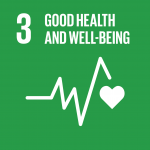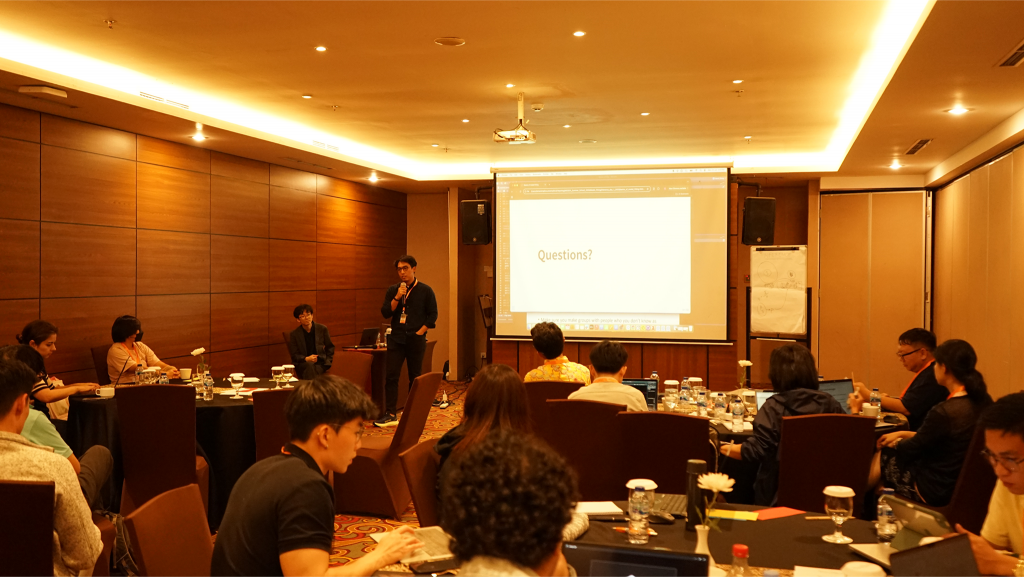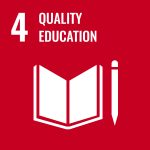Yogyakarta, June 23, 2025 — The Midsea Summer School 2025 held a breakout session from the Track Inference track. Four speakers with extensive experience in epidemiology and statistics—Akira Endo, Swapnil Mishra, Angkana T. Huang (HAT), and Bimandra Djaafara—shared their knowledge and experience with the participants.
The main topic discussed on the first day was Maximum Likelihood Estimation (MLE), a widely used method for estimating statistical model parameters to accurately represent available data. The session not only covered MLE but also introduced other approaches such as Bayesian inference, Markov Chain Monte Carlo (MCMC) methods, and techniques for model evaluation and selection.
“What we emphasize here is not just the use of statistical tools, but also an understanding of the logic and assumptions behind them,” said Angkana T. Huang in one of her presentations. She stressed the importance of critical thinking in the data analysis process, especially when these methods are applied in real-world scenario.
Unlike conventional technical training that often focuses on procedures, the Inference Track encourages participants to delve deeper: why a particular approach is used, its implications, and its potential pitfalls.
This track is open to participants from various backgrounds, whether they are new to statistical inference or have prior experience. The main requirement is straightforward: having attempted to fit a model to data, even informally, and understanding the basic concept of likelihood.
With an open discussion atmosphere and a collaborative approach, this breakout session serves as an important platform for academics, researchers, and data practitioners to strengthen the foundation of scientific thinking and data-driven decision-making.
 Keywords: MIDSEA, Modelling, Infectious Disease Modelling
Keywords: MIDSEA, Modelling, Infectious Disease Modelling
Author: Iin Nauli Rahmawati
Photo: Priscilla Deviana T.


